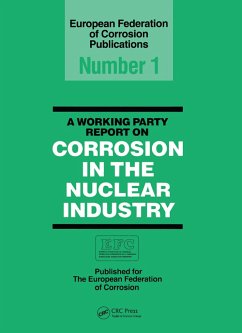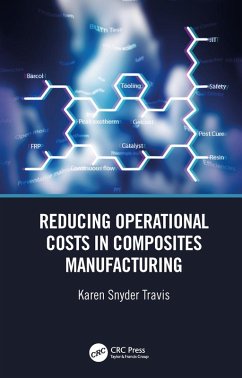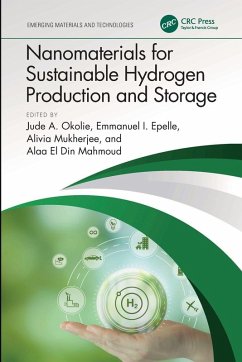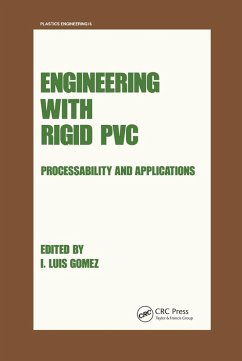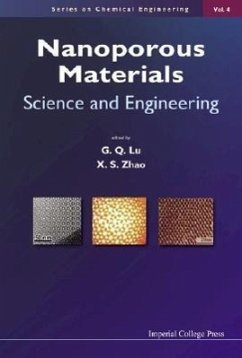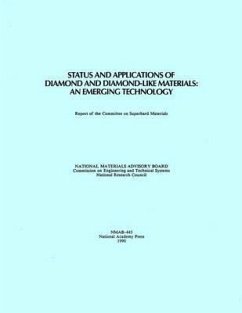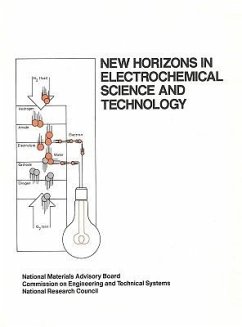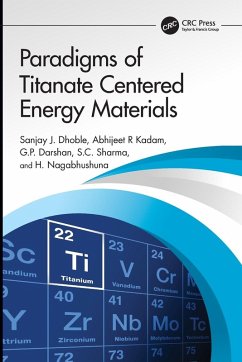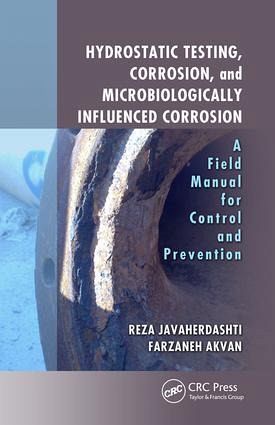
Hydrostatic Testing, Corrosion, and Microbiologically Influenced Corrosion
A Field Manual for Control and Prevention
Versandkostenfrei!
Versandfertig in über 4 Wochen
69,99 €
inkl. MwSt.
Weitere Ausgaben:

PAYBACK Punkte
35 °P sammeln!
This field manual covers the conditions that can lead to corrosion failure associated with overlooking corrosion factors pertaining to hydrotesting and offers solutions. It discusses how a test liquid must be selected, corrosion by bacteria ought to be controlled, and the possibility of leakage can be eliminated. It helps the reader evaluate the quality of a hydrotest already conducted and explains tasks that top and middle management must take care of. It discusses MIC as the main corrosion mechanism related to hydrotesting and how to combat this process.




